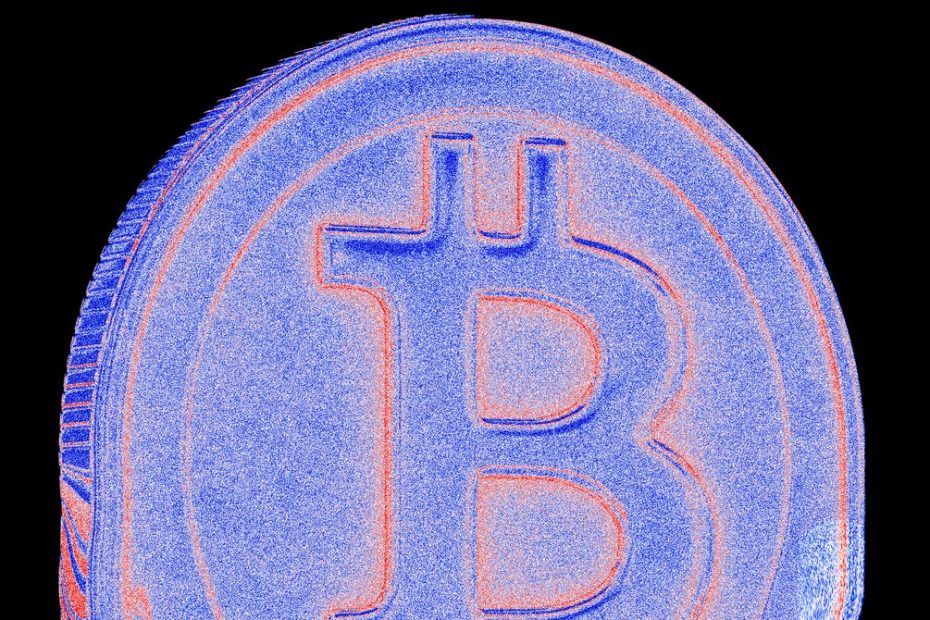Few would now dispute that crypto companies had problems accessing financial services in the US – The anecdotes are too much. But it remains that the congress firmly determines why. Although Trump and other politicians have spoken in terms that imply that the operation ChokePoint 2.0 theory has been categorically proven, there is no smoking gun – whether it is the testimony of the insider.
During the hearing of the House Committee on Financial Services on 6 February, the discussion repeatedly returned to 700 pages of documents released by the FDIC, partly in response to a request submitted under the Freedom of Information Act by Crypto Exchange Coinbase. The documents describe the communication of the FDIC with banks about crypto during the Biden presidency.
The Document Spayload contains letters in which the FDIC banks instructed to pause plans to offer various crypto-related services to customers. In other examples, the regulator asked long lists of banks about their crypto activities.
There is no explicit instruction for banks to keep or include accounts from crypto companies in the documents, but industrial managers have argued that the impression of a general suspicion of crypto at FDIC had the same practical effect.
“The breaks show that banks and again banks were not subject to a regulation by research but in his testimony by exhaustion,” said Paul Grewal, Chief Legal Officer at Coinbase. “You had a question after the question was asked.”
The observed implication that the FDIC would probably subject Crypto-new banks to increased control was sufficient for financial institutions to decide that the hassle of working with crypto companies the income they would not have been worthy, others claimed.
“These efforts make it oneconomic to serve the crypto industry. Although there is no legal prohibition, there is a functional prohibition, “argued Austin Campbell, a deputy professor at the NYU Stern School of Business and CEO of Crypto Payments Company WSPN, in his testimony.
During a separate hearing of the same congress committee on 12 February, proponents of the Operation ChokePoint 2.0 theory received closest to the confirmation of discrimination with which crypto companies are confronted, Caitlin Long, CEO in Custodia, claims a crypto-oriented bank in An ongoing licensing difference with the Federal Reserve.
“We are all affected by the number of complaints and the width of them … We do not tell banks that they cannot bank certain people or something like that. But nevertheless we hear [that crypto companies are being refused bank accounts]”Said Powell, chairman of the Federal Reserve, in his testimony. “I take at least a part of it as real. We must understand and prevent it from happening. '
However, not everyone believes that conspiracy is the most likely explanation for the caution or aversion to crypto at banks.
“I don't believe there was any conspiracy,” says Mercedes Tunstall, a partner at the Cadwalader law firm, formerly an in -house lawyer at the Bank of America and HSBC. “You have a real concern about money laundering, fraud and terrorist financing that occurs with cryptocurrency.”

